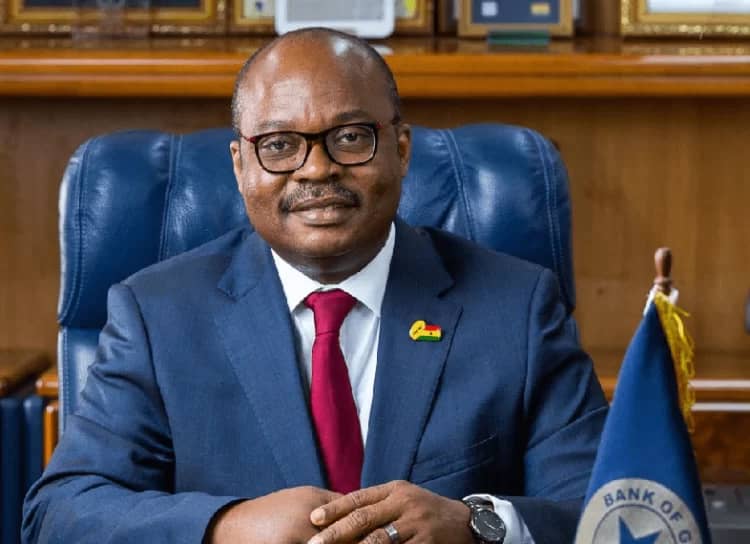President of IMANI Africa, Franklin Cudjoe, has sounded the alarm over what he describes as the dangerous decline of Ghana’s defence capabilities, attributing the situation to years of politicisation, poor procurement practices, and chronic underinvestment in military infrastructure.
His warning comes in the wake of the August 6 helicopter crash in the Ashanti Region, which claimed the lives of two ministers of state and six military personnel. The Ghana Armed Forces has since announced plans to collaborate with international experts in investigating the cause of the crash — a move that has further spotlighted concerns about the state of the country’s defence preparedness.
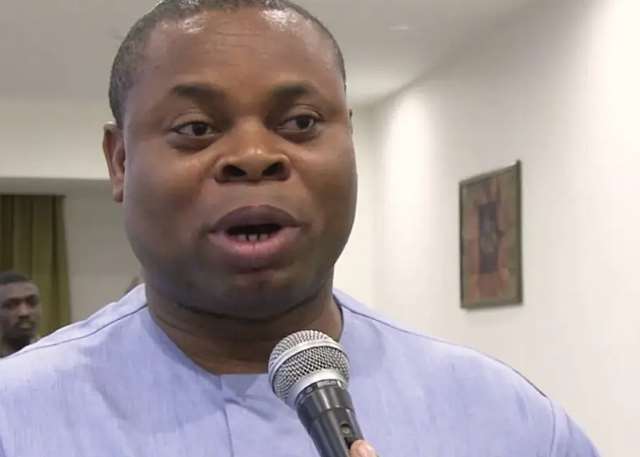
Speaking on Channel One TV’s The Big Issue, Mr. Cudjoe lamented that Ghana’s Armed Forces, once regarded as a strong regional force, has been systematically weakened by successive governments’ reluctance to make transparent and depoliticised investments.
“I can’t believe, for the life of me, that we have an Armed Forces whose success is systematically in decline. We have borrowed nearly €13 billion in the last eight years, yet we couldn’t retool our platforms simply because governments feared that procurement processes would be politicised and attacked by the opposition,” he said.
He recalled how parliamentary scrutiny of defence acquisitions — often led by figures such as the late Murtala Mohammed and Samuel Okudzeto Ablakwa — was not necessarily because they opposed the need for investment, but due to mistrust over opaque procurement processes. This, he argued, has resulted in stalled acquisitions and the neglect of critical military hardware.
Mr. Cudjoe further criticised the lack of adequate equipment for rapid response, warning that the Armed Forces is ill-prepared to repel external aggression or respond to domestic security threats. “We are told that the equipment we currently have is so inadequate that if a neighbouring country like Togo were to attack, they could overrun us in minutes. What tools exactly would our army use in responding? Even in the aftermath of the crash, it was a regional minister who was explaining response times, yet the real question is — with what resources did the army respond?” he questioned.
The IMANI Africa president stressed that unless defence procurement is depoliticised and managed with transparency and accountability, Ghana risks exposing its troops and civilians to unnecessary and preventable risks. He called for a comprehensive overhaul of defence planning, including long-term investment in air, land, and naval assets, as well as maintenance of existing equipment.
Mr. Cudjoe’s comments add to growing calls from civil society, security analysts, and sections of the public for government to prioritise the retooling of the military. Analysts warn that beyond national defence, the state of the Armed Forces has direct implications for counter-terrorism operations, border security, and the protection of natural resources, especially as instability in the Sahel continues to spill over into West Africa.
































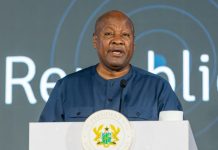


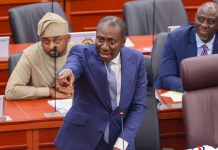
















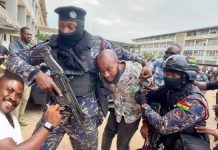
![[FREE FREE MONEY] Predict and Win a Guaranteed GH¢200 From Us EVERY WEEK](https://wordpress.ghanatalksradio.com/wp-content/uploads/2022/02/Predict-and-Win-Final-09-03-2021-218x150.jpg)
![[Predict & Win – 8th/Oct.] WIN A Guaranteed ¢200 From Us This Week](https://wordpress.ghanatalksradio.com/wp-content/uploads/2021/10/maxresdefault-16-218x150.jpg)
![[Predict & Win – 2nd] WIN A Guaranteed ¢200 From Us This Week](https://wordpress.ghanatalksradio.com/wp-content/uploads/2021/09/maxresdefault-50-218x150.jpg)
![[Predict & Win – 25th] WIN A Guaranteed ¢200 From Us This Week](https://wordpress.ghanatalksradio.com/wp-content/uploads/2021/09/maxresdefault-36-218x150.jpg)
![[Predict & Win – 18th] WIN A Guaranteed ¢200 From Us This Week](https://wordpress.ghanatalksradio.com/wp-content/uploads/2021/09/maxresdefault-23-218x150.jpg)
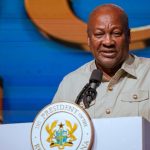
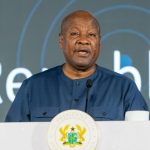






![[National cathedral] See full list of churches that have contributed since 2018](https://wordpress.ghanatalksradio.com/wp-content/uploads/2020/09/Ghana-National-Cathedral-GhanaTalksRadio-100x70.jpg)


